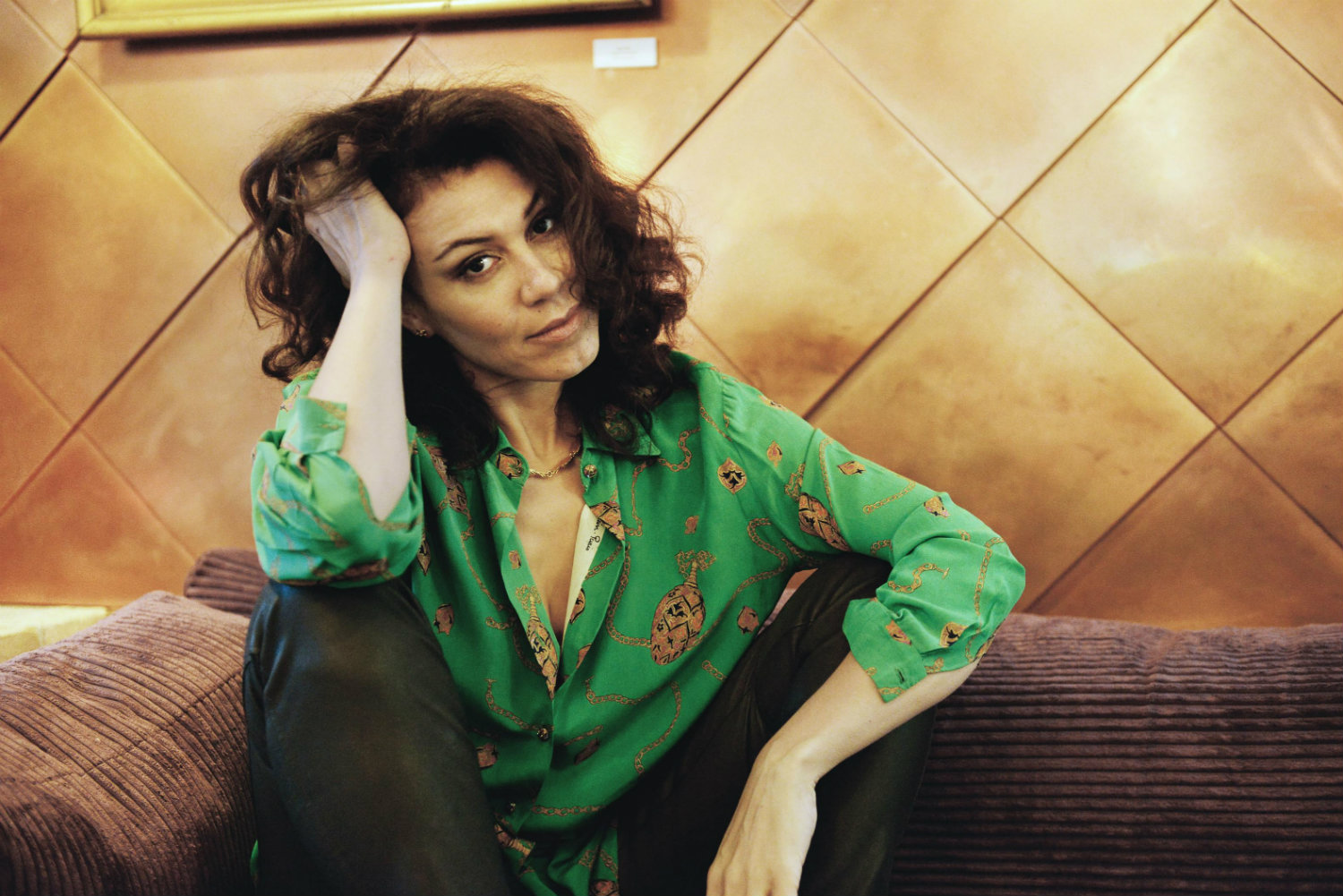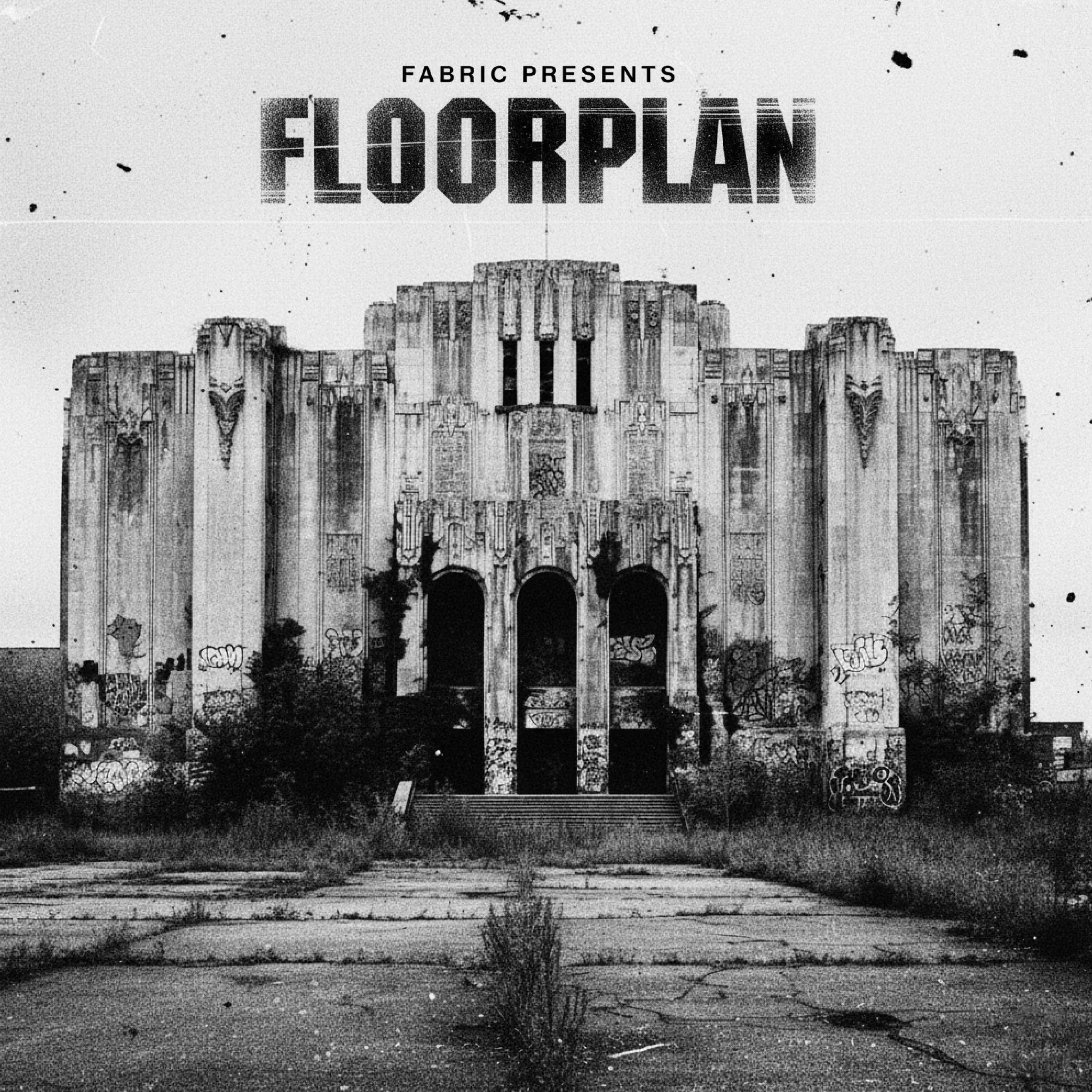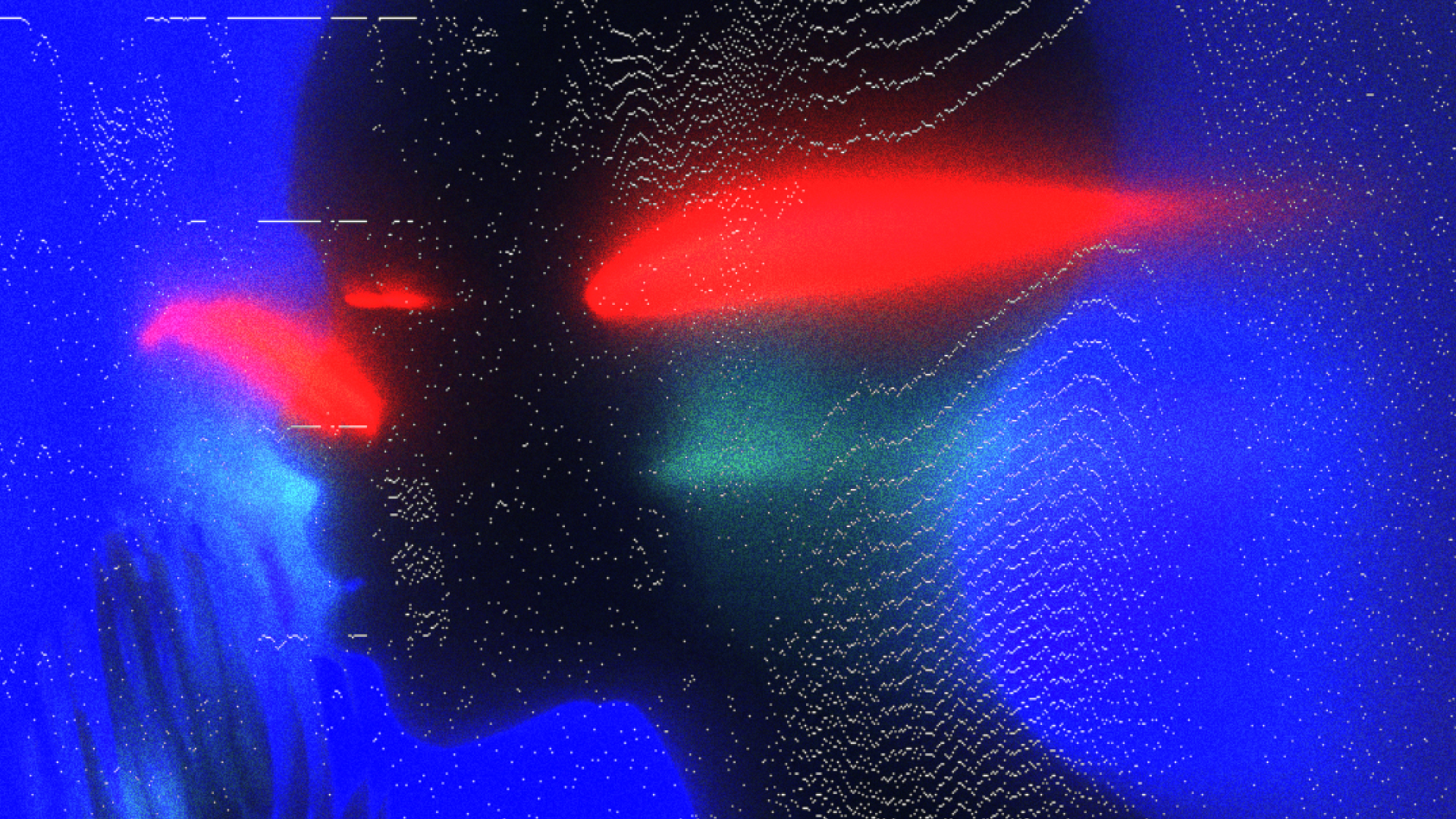News
In Depth: Cassy talks new focusses
 Since Cassy’s earliest gigs playing warm-up in Vienna clubs almost two decades ago, one of the constant themes in her life has been change. Soon after she’d started playing music for a living she was constantly moving residence, with a lengthy stay in Berlin helping her to land a residency at the then-blossoming Panorama Bar. In 2006 she released her landmark Panorama Bar 01 mix, and in just a few years she’d established close ties to labels like Cocoon, Bass Culture and Perlon. Throughout her career she’s continued to move around the globe, landing further residencies at beloved late-night spots Trouw, Rex Club and Output.
But the most significant change in her life has been most recently. Starting a family has meant her DJ career now fits around her son, and her job of mixing records has an extra focus. Musically her distinctive soul-meets-groove style is also now more apparent than ever, something she still describes as a constant work in progress. Ahead of her appearance at Bass Culture on 3rd February we heard from Cassy about these life developments, as well as her thoughts on the music industry today, and her new collaborative imprint Kwench.
Are you living in London at the moment? It often seems quite hard to keep track of where you are.
For now yes, but I’m moving again – probably to Ibiza. I wouldn’t mind staying here, but my son isn’t at school yet, so I think it would be a big mistake to stay put while we can still move around.
Has your approach to DJing changed since starting a family?
I’m sure it’s changed, because everything changes. It’s a completely different life. Your attitude changes, for sure. I think I’ve become more serious. Maybe even more into it, or more happy that I’m doing it. I’ve always been happy about DJing, but the business aspect of this world, and things like social media, can be extremely frustrating at times. Now I have a child, I’m not so focussed on myself, and that’s really helpful. The most important thing is my child, and I have a more relaxed outlook when it comes to the mundane.
What do you mean by the business side of this world?
Things like managers have become integral, sometimes they’re even considered more important than DJs. It’s grown into a big money making thing, new jobs arise, and it gives new opportunities for people. There’s a lot of bullshit. Having a child is helpful because it means I’m less focussed on myself. DJing is what I do, mixing records is how I define myself, but it’s easier when it’s not all you have. When you’re not constantly going to a party, checking Resident Advisor or Discogs. When there’s more to life than just the business.
Since Cassy’s earliest gigs playing warm-up in Vienna clubs almost two decades ago, one of the constant themes in her life has been change. Soon after she’d started playing music for a living she was constantly moving residence, with a lengthy stay in Berlin helping her to land a residency at the then-blossoming Panorama Bar. In 2006 she released her landmark Panorama Bar 01 mix, and in just a few years she’d established close ties to labels like Cocoon, Bass Culture and Perlon. Throughout her career she’s continued to move around the globe, landing further residencies at beloved late-night spots Trouw, Rex Club and Output.
But the most significant change in her life has been most recently. Starting a family has meant her DJ career now fits around her son, and her job of mixing records has an extra focus. Musically her distinctive soul-meets-groove style is also now more apparent than ever, something she still describes as a constant work in progress. Ahead of her appearance at Bass Culture on 3rd February we heard from Cassy about these life developments, as well as her thoughts on the music industry today, and her new collaborative imprint Kwench.
Are you living in London at the moment? It often seems quite hard to keep track of where you are.
For now yes, but I’m moving again – probably to Ibiza. I wouldn’t mind staying here, but my son isn’t at school yet, so I think it would be a big mistake to stay put while we can still move around.
Has your approach to DJing changed since starting a family?
I’m sure it’s changed, because everything changes. It’s a completely different life. Your attitude changes, for sure. I think I’ve become more serious. Maybe even more into it, or more happy that I’m doing it. I’ve always been happy about DJing, but the business aspect of this world, and things like social media, can be extremely frustrating at times. Now I have a child, I’m not so focussed on myself, and that’s really helpful. The most important thing is my child, and I have a more relaxed outlook when it comes to the mundane.
What do you mean by the business side of this world?
Things like managers have become integral, sometimes they’re even considered more important than DJs. It’s grown into a big money making thing, new jobs arise, and it gives new opportunities for people. There’s a lot of bullshit. Having a child is helpful because it means I’m less focussed on myself. DJing is what I do, mixing records is how I define myself, but it’s easier when it’s not all you have. When you’re not constantly going to a party, checking Resident Advisor or Discogs. When there’s more to life than just the business.
“You don’t have to be a very good DJ to have a successful DJ career.”Do you think the perception of what makes a good DJ has changed since you first started? When people are talking about a previous generation, you always have to generalise a bit so it can be wrong. I find it interesting when I go around, and you can be in a completely new country with very young people, and they get everything you’re doing. Then you can be with older people in a ‘happening’ place, you think they should be getting it, but they’re not at all. So there’s a lot of misconception, and the way the business and social media works, you don’t have to be a very good DJ to have a successful DJ career. A lot of the DJs that are very successful now aren’t actually that good. But they have something or they’ve worked hard or they’re selling themselves well. I wouldn’t say they’re necessarily very good, but then is that considered important nowadays? You were following the theatre and arts from a young age. What was the thing that switched you onto DJing? Music was always my main passion or interest. Things changed after I started to meet DJs in the Vienna scene. People like Electric Indigo, who was probably the most important female techno DJ. She noticed that I was coming to her gigs, and always watching. She suggested I tried for myself. I wasn’t sure. It was annoying for her because I didn’t have any decks, so I asked her and she let me practice. Eventually she would have to kick me off the decks, because I was overstaying my welcome! I was never convinced in myself about doing it. But I started to realise I had a talent for it. I found music I wanted to play, but it’s only now even that I’m closer to ‘house and techno’. I used to play mainly techno. I would say it’s only in the last 5 years that I’m happier with my musical direction. I always was, but you have to fit in when you start. Now I’m just myself. It takes a long time to get somewhere as a DJ. It doesn’t happen overnight.
“It’s only in the last 5 years that I’m happier with my musical direction.”Who was your first love in electronic music? At the very beginning, when I started taking DJing more seriously, it was from the first records I bought at HARDWAX. I loved everything Maurizio did, and all this dub techno stuff. I was also a big fan of Theo Parrish and Moodymann. I listened to a lot of soul and R&B, and their music seemed close to this anyway. When I found house and techno, it was like ‘Fuck. It’s like people have listened to the same stuff I like, and made something with it.’ I was looking for something that connected to everything I knew sonically, but it was fresh. I thought Theo was an especially good example of that. What was your introduction to Berlin’s electronic scene prior to joining Panorama Bar? Before I moved there, I’d visited the city in 1995 to go to the theatre. The first times I visited connected to music came a few years later. It was an exciting time, the Love Parade was still happening, and there were amazing clubs like WMF and Maria. When the Love Parade came to an end, it wasn’t that cool as a place. Everything was coming to an end. The new Panorama Bar then opened, and it took a while until Berghain and Panorama Bar was as it is now. When I first moved, it was the experimental ‘in between’ phase of two eras. Some things in the city are coming to an end, hopefully Berghain isn’t one of those things. It’s crazy and interesting how things change across different periods. Did you ever receive any valuable advice when you moved there? Not so much, as it was quite a small minded scene. You had to fit in, so no one would feel threatened. There were so many DJs. When I moved there, the DJs I used to see playing were really good. They’d been playing for many years, and were serious about the sound. They were really amazing house DJs, and there were so many parties you could play at. That’s missing somewhat today. You could listen to almost any style of music and be exposed to really good people. I’d never be who I am now without these interactions. It was a different energy behind everything – they were doing it for the love of doing it, rather than building a profile.
“I’ve never been a fan of hit records.”How much time do you still spend digging for music? I don’t spend a lot of time at the moment, or less since I had a child. It’s so hard to make music, travel around the world, and be a mum. But I go and buy new music for myself every week, and generally I look at old stuff more than new. If you played me the biggest hit now, I probably wouldn’t have heard it. I’ve never been a fan of hit records, because you can only play them once or twice. I like things that have lasting power and are a bit easier to always play; more timeless. What do you think are the reasons your style has changed? I don’t think I’ve changed my style; you can groom your style and refine it. I’ve refined it more and more, so now it’s done automatically. You can probably tell my style of DJing within the first two records I put on, whether it’s two techno or house records. I’ll never forget when Daniel Bell was programming my 808 just after I got it in Berlin. He programmed something for like half a second, but you knew it was him as soon as you heard it. As a DJ you develop a style, and that’s the most important thing. Do you think you look for records that fit into your sound or for their own musical value? I think I do both. My style of DJing makes things fit and work together. I try to rise up to the occasion, rather than altering things. I’ve never really edited tracks, it’s more like I wait for the right moment to play something, or work out how to play it. If I can’t play something, even if I really like it, I don’t play it. If it fits, it fits. I listen for if something would make me dance. What attracted you to collaborating with other artists on your Kwench label? I always liked to collaborate. Going back to Berlin, you’d hang out in the studio together, and just do something, no matter what the outcome was. Just sharing creativity. People ask me for vocals quite often, and although it’s been great in the past, it’s not something I’ve always wanted to do. In a way, I’d prefer a collaborative effort of doing something together. After working with Demuir, I decided I’d rather release it myself than anywhere else. I started to approach other artists I admired, and they were into the idea. When I found other good collaborators, I thought ‘this is amazing. I should make this the basis of the label’. For the press release you said ‘when I do something unnatural it usually backfires’. What did you mean by that? When I try to be a certain way or do something in my way or it’s forced, it’s never any good. It’s not as satisfying and it’s not me. It’s always better when you’re yourself. Do you think starting a label has helped you to stay inspired? At first I was worried about the whole thing. But we just got a new remix of the fourth release yesterday, and I can say that it’s so fucking good. Like, really cool. I was listening to the track after dropping my son off at nursery, and just from hearing the track the music changed my mood and cleansed me. Like listening to Bach, it’s physically enriching and makes you a happier person. This is what I’m striving for with the label, and it’s the same thing with my DJing: I just want to help people feel happy.
Tags
No items found.




